Mission to Macapa, Brazil
Program development in pediatric and adult cardiology and surgery
April 17th – April 29th, 2016
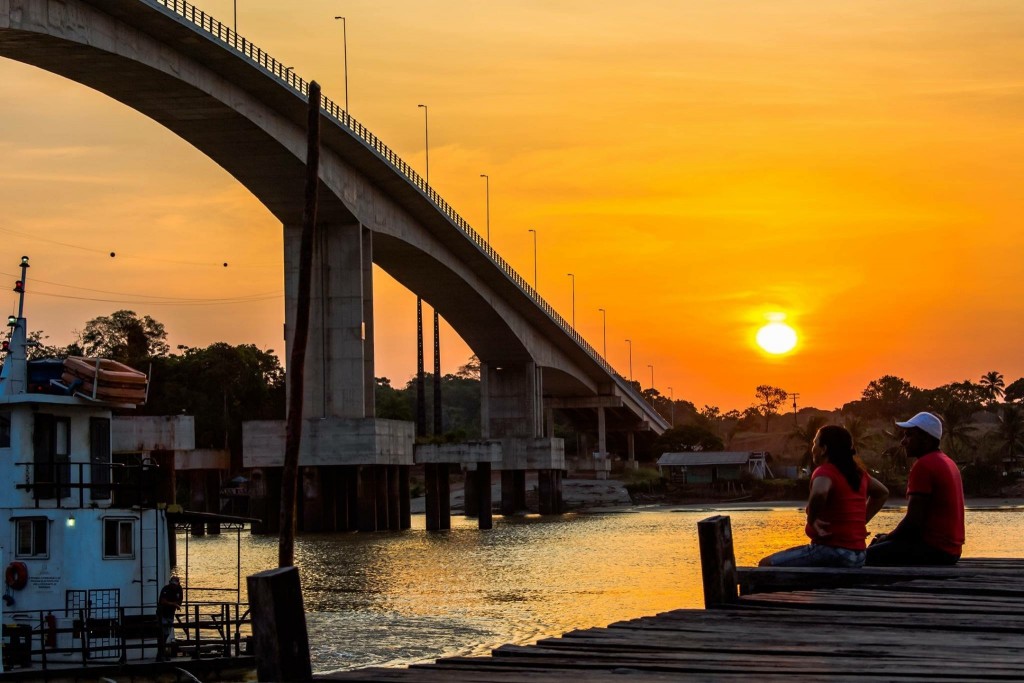
Brazil’s current economic and healthcare delivery
As Brazil gets ready for the Olympic games in June 2016, public finances have already deteriorated this year and the budget for 2016 has a gaping primary deficit (before interest payments) of 30.5 billion Reais ($8 billion), or 0.5% of GDP. The currency value is at 4.1 per dollar, its lowest since December 2002. Spending cuts have been already implemented by the government severely affecting public services such as education and health care.
Mission Location
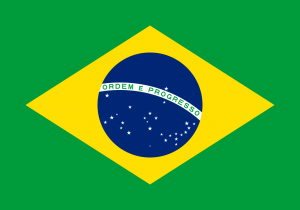
This region is well known for its access to the Amazon forest. The state of Amapá has the biggest area of intact rain forest in Brazil; it is crossed by the Equator line and bathed by the Amazon River to the East.
This area was discovered in the 16th century by the Europeans, and the region subsequently suffered disputes between French and Portuguese invaders. The Portuguese claimed regional control and began colonization, introducing Christianity (Catholicism) and robust fortifications. The economy of the state is based on agriculture, and many mineral sources.
Current Status of Cardiology and Cardiac Surgery
The birth rate is high, and many children are born with complex congenital cardiovascular diseases. There is no pediatric cardiovascular support for them; almost all are currently referred to other centers in South of Brazil.
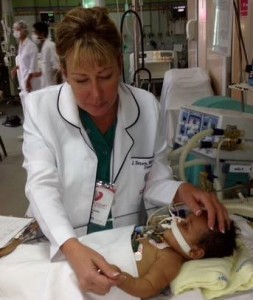
They have one anesthesiologist, a physician assistant, a perfusionist, a respiratory therapist and three scrub nurses. They can currently manage routine adult cardiovascular diseases and a few adult congenital cardiac defects. This team has served the local population for ten years within the state.
All cardiac operations and pacemaker implantations are performed at the Hospital São Camilo, a philanthropic institution; which belongs to a catholic foundation named “Sociedade Beneficente São Camilo”. This foundation has a chain of hospitals in different locations of Brazil.
Currently, at Macapa, their annual caseload is: 180 adults (49% valves, 46 % CABG, 5% Aorta) and 60 pacemakers. They do not perform any pediatric cases, and wish to develop this subspecialty now. During the CardioStart mission, all pediatric cases will be 100% public, now and thereafter to assist parents who are very poor and unable to pay for an operation or to afford insurance. The language is Portuguese, with 10% speaking English in the hospital. A number of medical students and other colleagues will assist with translation throughout the working day.
MISSION REQUIREMENTS:
1-Pediatric Anesthesiologist
1 Adult Cardiac Surgeon
1 Pediatric Cardiac Surgeon
1 Pediatric Cardiologist/ Intensivist
1 Interventional Pediatric Cardiologist
1 Perfusionist (with pediatric experience)
5 Cardiovascular ICU nurses (three must have pediatric ICU experience)
1 Respiratory Therapist
1 Education Coordinator
1 OR Nurse/Tech/Scrub
1 Database research assistant
1 NP/PA Case Manager
1 Outreach Physician and Nurse
CardioStart’s role will be to introduce a start-up program to implant and develop pediatric cardiac surgery and pediatric cardiac intervention as well as to strengthen the current program of adult cardiac surgery. Our mission will support and extend their work reducing the large volume of cases needing to be done. Particular attention will be given to late-presenting congenital heart disease and valve repair techniques, where possible. On this occasion, the CardioStart team will also attempt to accomplish the following:
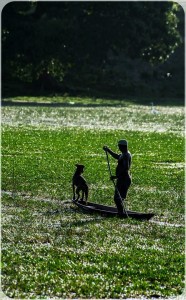
- Establishing a permanent pediatric cardiac surgery center at the hospital and help set the necessary benchmarks for the hospital to develop its role as a regional cardiac surgical referral center;
- Help set up the necessary benchmarks, protocols and algorithms for the hospital to develop their role further, as a regional cardiac surgical referral center;
- Provide ongoing physician and nurse cardiology/surgical medical education;
- Bedside teaching, daily lectures and advanced techniques in all relevant areas;
- Introduction of the CALS program for cardiopulmonary resuscitation, management in the Hospital and Outreach clinic combined with rural cardiology, teaching of basic resuscitative techniques and general nursing care.
MISSION TRAVEL DETAILS:
Travel & Airfare:
Airfare costs will be self-funded by each volunteer. Flights should be arranged to travel to Macapa,
DO NOT PURCHASE A TICKET UNTIL YOU ARE ACCEPTED ON THE TEAM BY WRITTEN CONFIRMATION. This will follow meeting all the required paperwork submission by CardioStart and the Brazilian hospital.
Lodging: This will be provided freely in an excellent local hotel by our hosts. Volunteers should expect that they will be asked to agree to same-sex room sharing in order to help reduce the costs to our hosts. CardioStart will assure minimum standards to ensure volunteer safety and comfort.
Meals: During the day, meals will be available and provided for by the hospital. Evening meals/snacks, etc. are available in the hotel or local restaurants, at volunteers’ own expense. They are generally of a high standard and inexpensive.
HOW TO APPLY:
Please visit our website at http://cardiostart.org/volunteer-interest-form, complete the Volunteer Interest Form and upload your CV/resume. Upon being accepted on the team, you will receive additional correspondence from CardioStart via email with information on how to proceed in submitting necessary paperwork and documentation.
MISSION DIRECTOR: Prof. Vinicius Nina, MD, Ph.D., Sao Luis, Maranhao, Brazil. rvnina@terra.com.br
If you have vital pre-mission clinical questions or wish to collect medical donations to send for the mission, please e-mail us at info@cardiostart.org.
All applicants will be confirmed after the Mission Director has assembled the team, (selected on a first-come first-served arrangement). If we are not able to place you on this next mission, your name will be placed as a first call priority for a future location.
Personal Health:
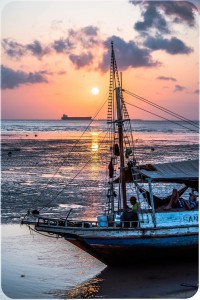
SIGHTSEEING BRAZIL AFTER THE MISSION IS COMPLETE (29TH APRIL).
CardioStart mission leaders cannot directly help you make internal tourist travel arrangements but you can usually obtain travel packages during the week you arrive. Any tours must be conducted AFTER the mission; CardioStart assumes no responsibility for volunteer activity after April 29th 2016.
The ecotourism of the area has been only recently explored. When the Amazon River meets the Atlantic Ocean, there is a phenomenon called Pororoca: waves 3 to 4 meters tall in the direction of the river. Some people risk these waves for surfing.
There are some beautiful waterfalls and many river beaches in the countryside. Another attraction is the São José de Macapá Fortress, which is the largest in Brazil, built by the Portuguese on the colonial period (18th century).
The world-famous waterfalls of the Iguassu region are breathtakingly beautiful, but note – they will require a short flight and overnight stay.
Do join us on this historic mission to North Brazil!
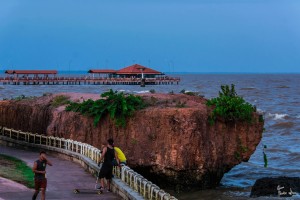
Leave A Comment